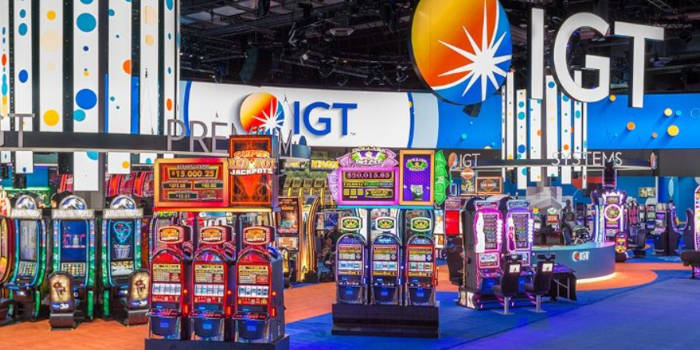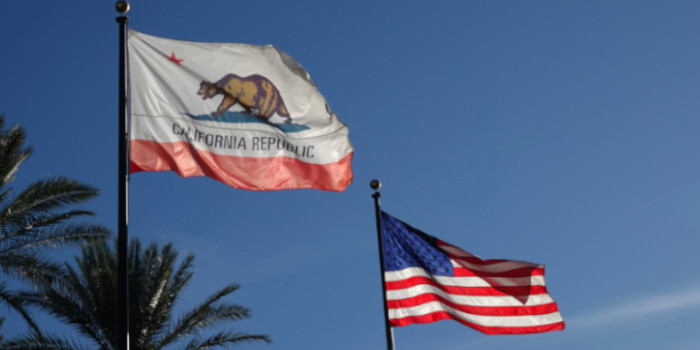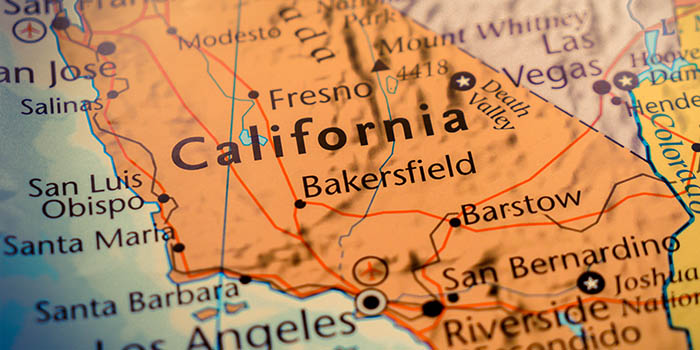Sen. Dodd Suspends Sports Betting Legalization in California

Following the impact COVID-19 has had, Senator Bill Dodd has suspended a planned Constitutional Amendment vote that would have pushed for the legalization of sports betting in California.
Senator Dodd Suspends Constitutional Vote, Postpones Sports Betting
California may have to postpone its sports betting ambitions until at least 2022 amid strong opposition by tribal operators. The plans to put sports betting up for a vote during the November 2020 ballot fell through after Northern California State Senator Bill Dodd withdrew Senate Constitutional Amendment 6.
As per the bill, tribal casinos, racetracks and card room casinos would have been able to extend their offer to both brick-and-mortar and online sports wagering. The proposal was originally scheduled for a hearing today and would have needed both the assembly and state senate’s approval in Sacramento by Thursday.
Should the measure have been successful, it would have allowed Californian residents to decide whether they should legalize sports betting any further. In 2019, California generated $13 billion in total betting handle legally.
Much more is lost to the offshore industry, experts estimate. However, Dodd had good motivation to defer the voting citing the impact COVID-19 has had and ultimately limiting the public’s ability to weigh in on important issues.
The current bill was the result of both Dodd and Central California Assemblyman Adam Gray who has been supporting the bill in the lower house all the way back from 2018 to present day. The push for the legalization of the Californian sports betting industry began as early as May that year, after the U.S. Supreme Court struck down the federal act known as PASPA which limited states’ ability to draw and pass laws on sports betting.
“It remains important that we lift this widespread practice out of the shadows to make it safer and to generate money for the people of California,” Dodd reassured and said that he would continue to work on the legislation in a bid to see sports betting introduced in the state by 2022.
The Situation in California Isn’t the Most Peaceful
There has been no small degree of pushback from a coalition of 18 California tribes. At first, the tribes said that they would back the measure as the originally proposed one agreed to enable them to propose online betting.
However, as per the amendment, the measure would also extend to cardroom casinos, which would then come in direct competition with the tribal monopoly. Another issue has been the introduction of language that outlines the path to the legalization of mobile sports betting.
The Coalition to Authorize Regulated Sports Wagering for Pechanga Tribe Development Corp. had this to say: “We appreciate that legislators saw through the smoke and mirrors and stopped SCA 6, the effort to break yet another agreement between California and Native American Tribes and expand Nevada-style games to card rooms.”
Others, such as Brendan Bussmann, a consultant for Global Market Advisors, said that pulling the measure out was one of the few sensible things’ lawmakers have done to handle the issue adequately. Bussmann noted that the measure would most likely not resurface until the 2022 ballot.
There has been a fair bit of opposition from the tribes as previously mentioned with the coalition gathering signatures that would allow the legalization of sports betting at tribal casino properties and licensed racetracks.
Before the COVID-19 outbreak hit, the tribes had gathered over 950,000 signatures. The tribes have asked for more time to be able to complete their canvassing and propose sports betting on the 2020 ballot.
To go ahead with this, they would need to await a ruling by a judge. The coalition now has a hearing scheduled for July 2 and if a judge decides against the measure, the tribes would need to restart their process for the 2022 ballot.
How Much Does California Stand to Win?
A far more interesting aspect of the debate are the benefits for the state. According to Sen. Dodd, the expected amount generated in tax revenue would be $700 million, a dent in the $54 billion gaping budget deficit, but a start towards recovery.
Most analysts agree that in order to bring California up to speed and help sports betting turn the most revenue, technology would have to play an important part in this. Understandably, the issue is sensitive, as California has one of the largest populations of tribal operators which, according to the American Gaming Association, are generating $19.96 billion in economic impact and are responsible for the creation of 124,274 jobs.
With 4 years experience as an analyst, Julie—or ‘Jewels’, as we aptly refer to her in the office—is nothing short of a marvel-worthy in her attention to the forex and cryptocurrency space as she quickly became the first pick to co-pilot education to the masses with Mike.














